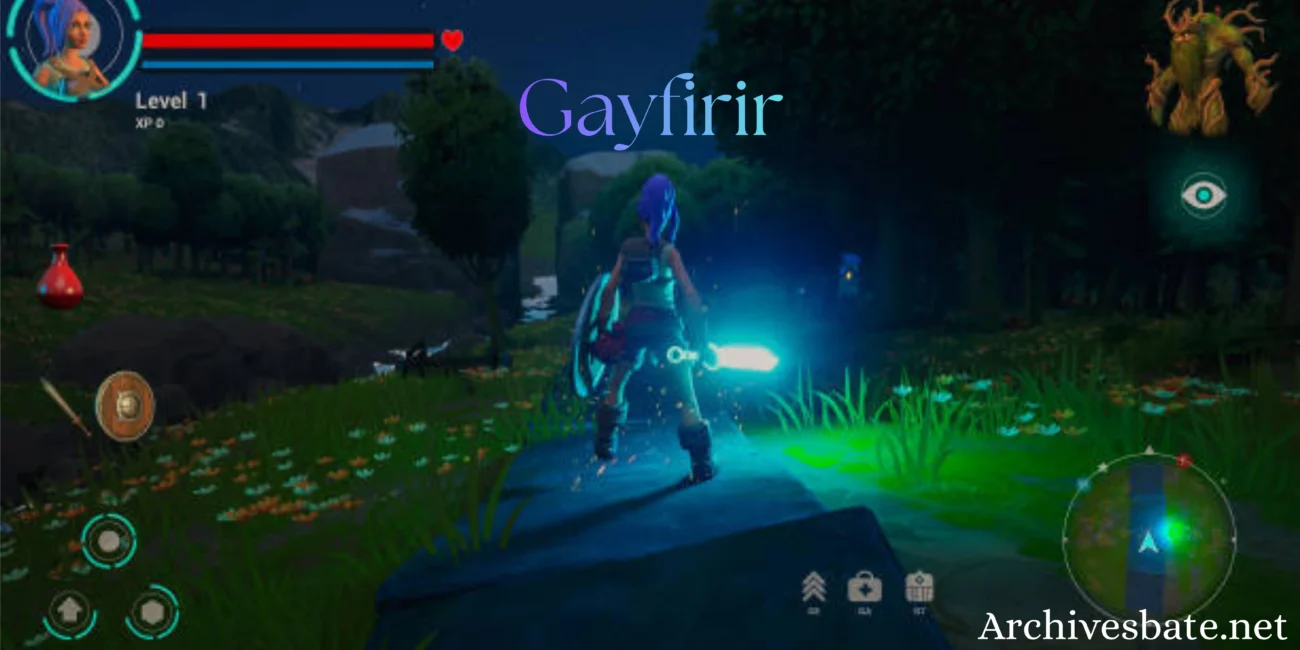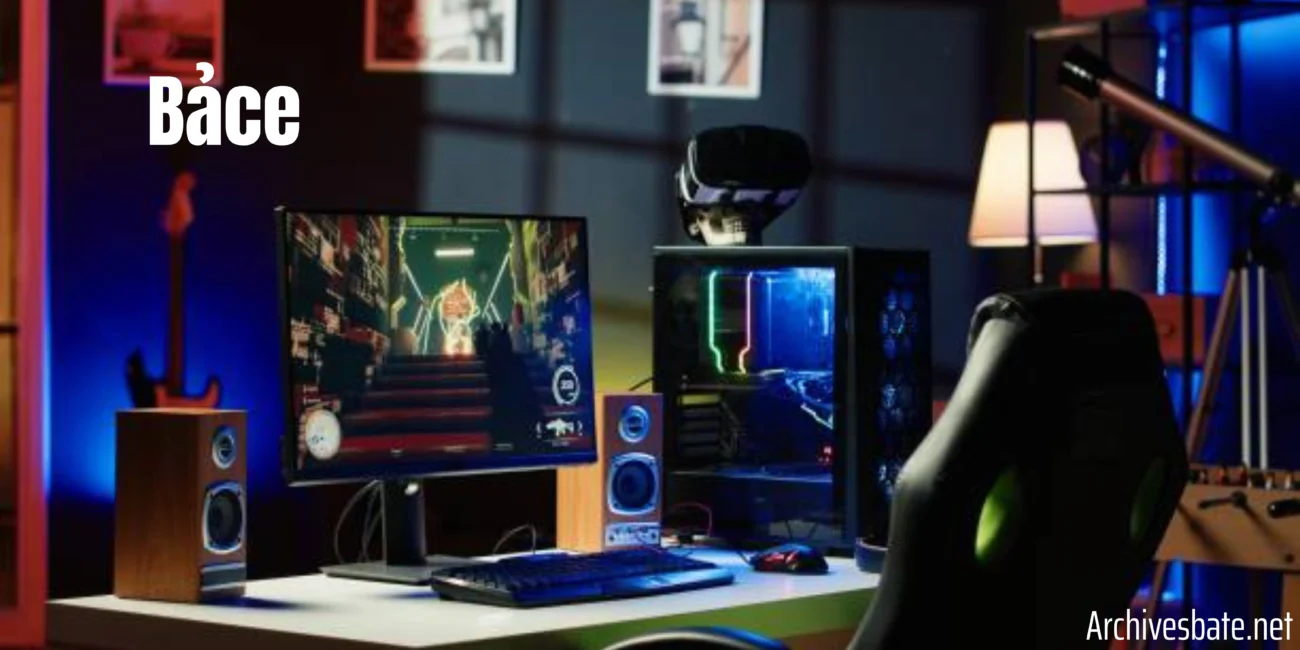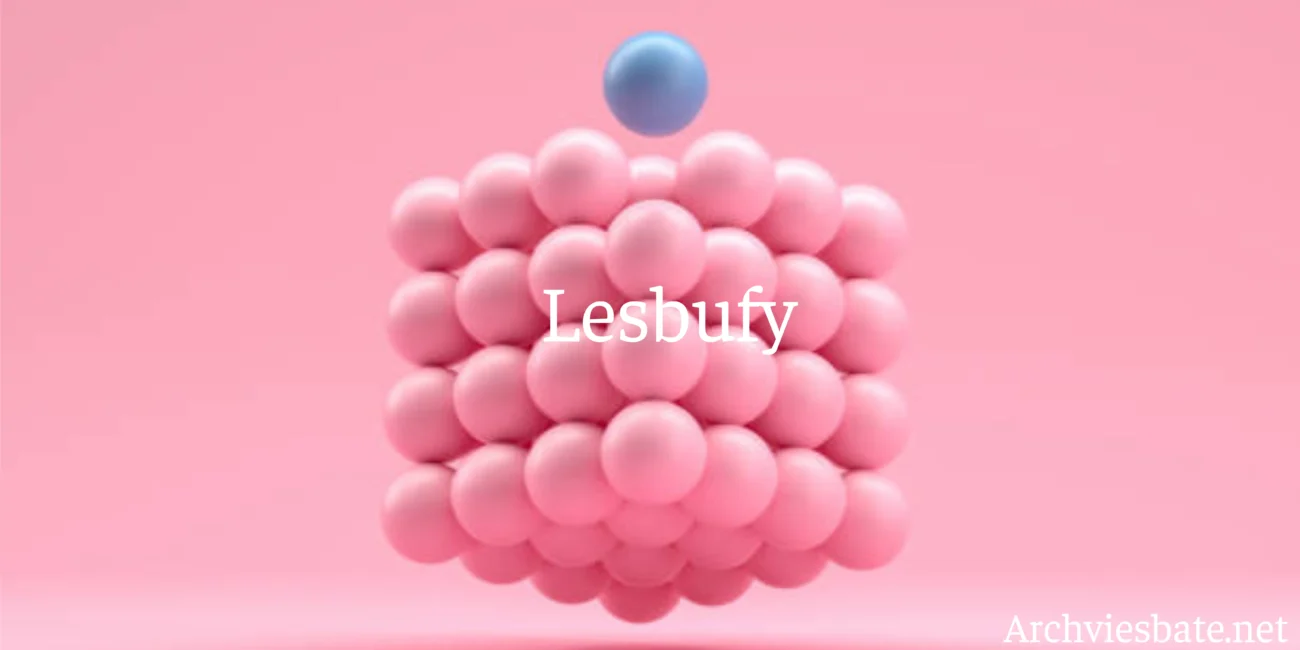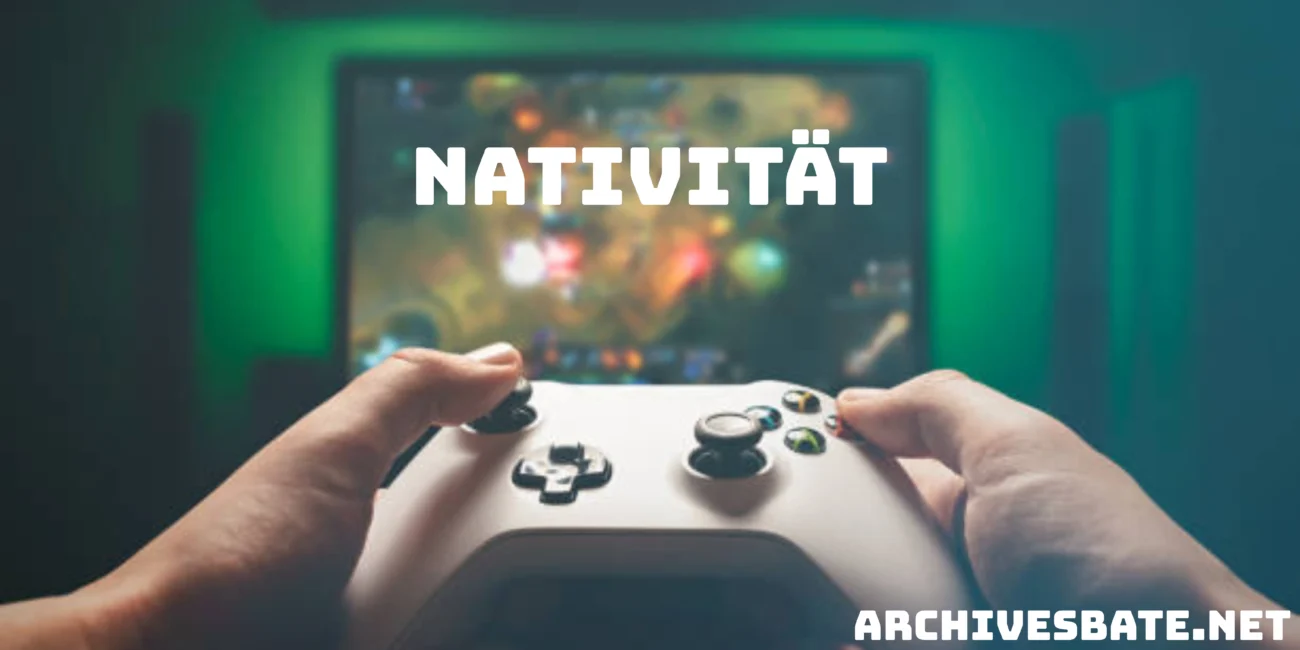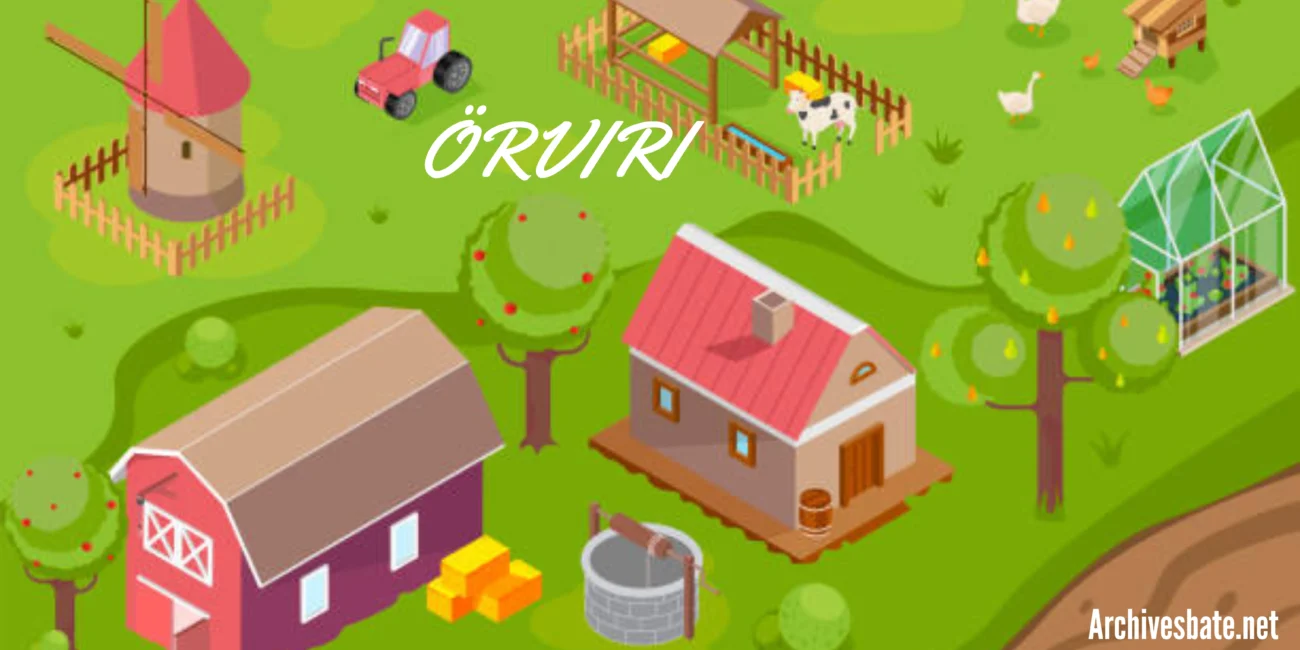Wordle has established itself as the puzzle game of the present century, with millions of users globally stimulating their language skills and reasoning skills daily. The challenge of guessing a five-letter word in six tries has created an entire ecosystem of strategies, communities, and hint systems to increase the percentage of success while still keeping the challenge of guessing the five-letter word.
Of systems
Traditional wordle hints systems suggest hints without spoiling the answer for the player. A good hints system recommends letters to the player without damaging the satisfaction of discovering the answer. Good wordle hints help the player be systematic in thinking about vowel placement, common consonant combinations, and the probability distribution of letters in English words.
Most experienced players have their own hint methodology based on their preferred beginning word, and how they eliminate other guesses. These systems allow players to be consistent across different wordle puzzle difficulties and word types, and provide rational ”guessing vs deduction” combinations.
Starting Words Tactics and Letter Frequency
The best wordle hint system develops from the best starting words. Studies demonstrate that starting words, which contain common vowels and consonants provide the greatest information value. Some starting words such as “ADIEU”, “AROSE”, and “STARE” ensure maximum vowel coverage while other options such as “SNORT” or “CHAMP” rely on commonly used consonants.
Advanced players use two-word opening strategies for their games that ensure all-five vowel coverage and frequent consonant coverage. This creates a time loss in the chance of an early solution but a substantial gain through increased outcomes when a player possesses high letter information for ongoing guesses.
Difficulty Insight and Patterning
| Wordle Variation | Average Attempts | Success Rate | Key Challenges |
|---|---|---|---|
| Standard Wordle | 3.8 attempts | 94% | Common words, balanced difficulty |
| Wordle Hard Mode | 4.2 attempts | 89% | Must use revealed letters, limited flexibility |
| Absurdle | Variable | 75% | Adversarial AI, changing target words |
| Nerdle (Numbers) | 4.1 attempts | 87% | Mathematical equations, operator placement |
Advanced Eliminator Knowledge
In practice, applying wordle hints relies most heavily on the systematic elimination of impossible letter combinations. Those who tend to excel at Wordle develop an understanding of basic phonetics and keen recognition of common letter patterns found in English. This enables good players to develop intuitively and avoid impossible letter combinations for word choices like ‘QX’ words or uncommon consonant combinations.
The elimination process becomes quite intense during the middle game when players have the advantage of some letter information while avoiding common traps. Understanding letter variables to the point of recognizing letters that have rarely been placed together or where letters are unlikely to occur can very well maximize letter information and eliminate likely combinations for player guessers.
Psychology of Letter Placement
There are psychological components of Wordle that impact player performance beyond the factual knowledge of vocabulary. The post-play feedback the game gives to the player leads to confirmation bias and fixation on particular letter placements or letter combinations. This is where finding effective wordle hint processes can assist players in overcoming these mental traps and help them systematically investigate alternatives.
Advancing players will learn to avoid relying on letter positions which may imply wrong conclusions. For one, resist the urge to force letters into positions they may feel right, such as with using letter patterns to leverage themselves into any and all positions. Mentally, this discipline is what differentiates consistent performers from those players that perform poorly or inconsistently with harder puzzles.
Community Hint Sharing and Etiquette
The social aspect of wordle has created developed community conventions for sharing hints publicly with the community that help preserve the challenge of the game while assisting struggling players. Communities have developed coded language, game strategies to offer guidance about the player’s approach rather than content, and they establish progressive hint pathways which offer tips based on increasing info levels according to player need.
The community-developed wordle hint processes have also influenced how players think about puzzle assistance with various other word games and how community norms provide enough societal psychological balance between being helpful to others and maintaining the satisfaction of an individual achievement.
Common Questions
What’s a good wordle hint without giving away the answer?
Good wordle hints focus on strategy rather than what the letters are. A good hint might be that you can always check to incorporate double letters, you should always check where vowels go, or consider endings with weird letters. The best hints speak to approaches and strategies instead of pieces of the answer.
How important is the first word for total success?
The first word is important for how well you do, although not quite as much as many people think. A good first word will yield valuable information, but your systematic abilities and pattern recognition skills will determine your long-term success across various puzzle types.
Should I be playing in hard mode to increase my skills?
Hard mode does make you be more disciplined in your thinking since it requires you to use revealed letters, so it does help in developing your overall strategic thinking skills. However, it could also potentially eliminate options and lead you to an impossible situation, therefore it is better suited for more experienced players who are looking for additional challenge.
How can I avoid poor guess performance when I am trying to do a word that is really difficult?
When you are “stuck” on a word, you might be looking at it in too obvious a way. Consider looking at the word structure in potential alternatives. Have you considered checking double letters, have you explored potentially less common placements of vowels, or alternative words from other semantic categories? Sometimes taking a break from it, and coming back to it fresh may help diminish your fixation.
Disclaimer
This manual offers tips for playing Wordle and other word puzzle games. Rate of success and performance metrics are based on data collected from the community and may differ based on player. The strategies presented are suggestions that may improve word puzzle solving skills. They are not being presented as guarantees, nor does utilizing them lead on to guarantees to success in any specific session of play. Wordle is a trademark of The New York Times Company. We are in no way affiliated or endorsed by the companies created this game.


